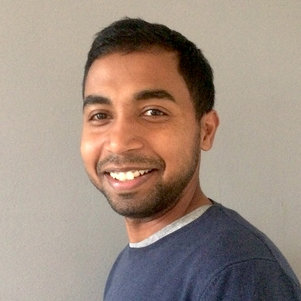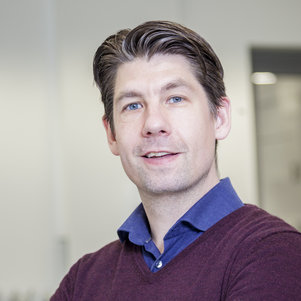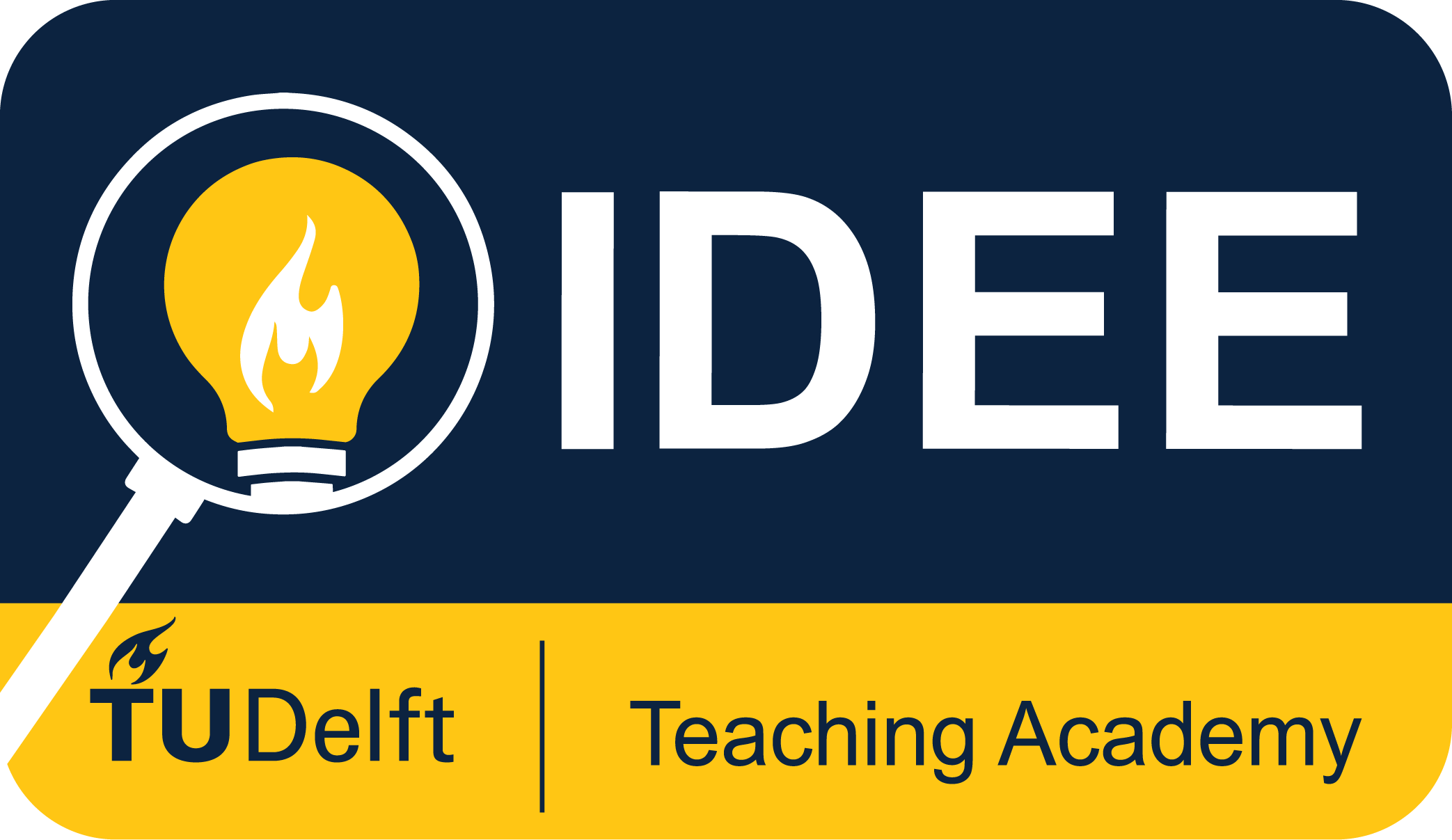IDEE grants for Dr. Bijoy Bera and Dr. Volkert van Steijn to improve retention
The Initiative on Innovation in Delft Engineering Education (IDEE) is a ground-breaking opportunity for scientific staff members to work on university-wide educational challenges. This new programme launched by the TU Delft Teaching Academy will provide grants for theme-based, multidisciplinary research projects aimed at stimulating innovation in engineering education for degree programmes at TU Delft. Bijoy Bera answers some questions:
Can you describe the idea behind IDEE?
The initiative IDEE came into existence because of Prof. Annoesjka Cabo's vision for a uniform, systematic approach in education innovation at the technical universities of this country. This includes working on specific themes (five, to be precise) where the educator will first carry out scientific research, and subsequently, will implement a 'new' methodology in a classroom. The final goal is to introduce evidence-based, world class innovation at an engineering focussed classroom.
On which of the above themes are you going to work? Why is this theme central to the whole IDEE project?
Volkert and I will work on the 'Retention' theme of the IDEE project. This theme is fundamental to the whole project, since it is, to begin with, crucial to be aware of how much of the prior expected knowledge has the student retained before embarking on sharing advanced knowledge of that topic. Secondly, many of the innovation projects wrap up their efforts by analyzing the impact of their initiatives and looking at the 'retention' of skills or knowledge from the project is always a solid benchmark for that purpose.
What are you going to develop/introduce within this theme?
The whole theme 'Retention of Skills & Knowledge' will be investigated/implemented by a team of 8 TU Delft researchers, and consists of three pillars: 'Modeling Cycle', 'Productive Failure', and 'Effective Communication'. Modeling cycle is a major stumbling block in engineering education since it encompasses translating a real-life problem into a mathematical model, and then translating the insight from that mathematical model back into a real-life application. Together with Volkert and Dr. Jeroen Spandaw from the EWI Faculty, I have been working on this for the last couple of years and have introduced several innovative measures in my classrooms to improve the students' grasp of the modeling cycle. Within this IDEE project, we will take a step further, and will design a methodology to investigate the impact of these various innovative measures, with a focus on 'retention'.
What is the next step? And how and when will it start?
Within this 'Modeling cycle' pillar of the retention theme, we will supervise a PhD and a postdoctoral researcher in the following 5 years. The project has already kicked-off, and we are in the process of finalizing our 'Modeling cycle' team with the PhD and PD candidates. Once that is set, we plan to start by designing some simple experiments to test the retention of knowledge by our students for expected prior knowledge in some of our classroom.


